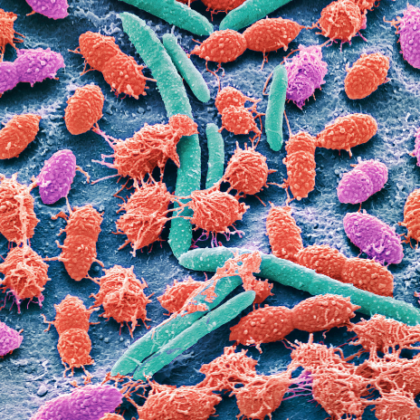Why should we offer free meals to all children at school?
The importance of healthy dietary habits, especially in early life, is crucial for overall nutrition, health, and development in children. School Food Programs (SFP) have gained significant attention as drivers of healthy eating and academic performance



















